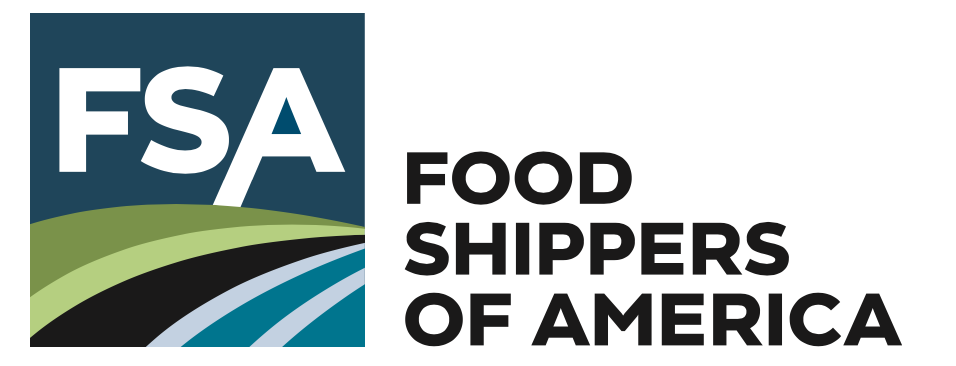How to Navigate Cargo Security and Food Safety Challenges
by Heyl Truck Lines | Sponsored Content, on Oct 21, 2024 9:40:00 AM

When it comes to supply chain issues facing food companies, cargo theft and food safety are among the top challenges. These two challenges become even more difficult to navigate when you layer in unpredictable supply chain disruptions, a growing list of regulations, and a deep shortage of qualified talent that limits the reliability and flexibility of supply chains.
Assessing the Threat of Cargo Theft
The most common form of fraud is cargo theft, which saw a 600% increase between November 2022 and March 2023 according to a report by the Transportation Intermediaries Association. The National Insurance Crime Bureau reports that cargo theft amounts to $15 billion to $30 billion each year. Industry watchdog CargoNet reported nearly 700 thefts documented by shippers, in Q3 2023 – which is a 59% year-over-year increase from 2022.

However, these statistics don’t tell the whole story. While more conventional direct theft of freight throughout transit does occur, cargo theft through fraudulent activity has sharply risen in the past 18 months.
One deceptive practice involves thieves who call food shippers to impersonate a legitimate carrier, book a load, then hire a different carrier that has no idea they’re participating in a fraud to pick up and drop off a shipment at a DC or warehouse, then retrieve the stolen load from that location.
Strategies to Avoid Cargo Theft
Cargo theft hasn’t just been increasing over the last year, it has been evolving – and so must the defensive strategies that come from both food shippers and their providers. Here are five effective strategies for avoiding cargo threats:
Share information openly. The vital first step in thwarting cargo thieves is knowing what kinds of threats are out there. And the only way this is possible is if shippers, carriers and providers across the supply chain are open with one another about what they’re facing.
 “We take pride in building strong relationships with our customers, whether they’re food shippers, 3PLs or truck brokers,” says Bruce Koele, President of Heyl Truck Lines, a family-owned trucking company that specializes in temperature-controlled and dry food shipments. Based in Akron, Iowa, Heyl Truck Lines operates a fleet of more than 500 trucks and 1,250-plus refrigerated trailers to haul freight across the United States and Canada. The 75-year-old company has facilities in Akron, IA; Estherville, IA; Sioux Falls, SD; Zephyrhills, FL; Edinburg, TX, and Okotoks, Alberta.
“We take pride in building strong relationships with our customers, whether they’re food shippers, 3PLs or truck brokers,” says Bruce Koele, President of Heyl Truck Lines, a family-owned trucking company that specializes in temperature-controlled and dry food shipments. Based in Akron, Iowa, Heyl Truck Lines operates a fleet of more than 500 trucks and 1,250-plus refrigerated trailers to haul freight across the United States and Canada. The 75-year-old company has facilities in Akron, IA; Estherville, IA; Sioux Falls, SD; Zephyrhills, FL; Edinburg, TX, and Okotoks, Alberta.
“Food shippers need to build confidence in who they’re working with,” continues Koele. “At Heyl, we ensure communication is current and updates remain fluid between customers, dispatchers, and drivers. We continually invest in technology to assist in keeping all parties current on all load information. By leveraging the technology, we can better protect the load at all levels.”
Vet and verify everyone you work with. A volatile provider landscape in freight in a marketplace with bad actors means you’re often going to see new faces behind the wheel and at the dispatcher desk. Get to know the individuals at your provider partners.
If you’re adding a new carrier or provider to your transportation network, find out as much as possible about them. Identify key decision-makers and anyone within the team who will have access to your freight and shipment data. It also is important to research their safety history and CSA scores to ensure you will be working with carriers who have a reputable safety history.
Take cybersecurity seriously, for both technology and training. Just as freight thieves are evolving, so are the technologies put in place to identify and stop them. Ensure your organization is using the latest best practices for password security, identity verification (including multi-factor authentication) and encryption.
Ensure your partners implement equipment safety protocol. Make sure your logistics partners have best practices that physically protect your freight on the docks and in-transit. “For example, we thoroughly train our professional drivers to make sure they doublecheck their cargo security seals on every shipment to make sure it matches the seal number on their bill of lading and is ultimately protected by locked security covers so all shipments are sealed and padlocked,” says Koele.

Heyl’s TMS system has a number of security features in place to protect shipper user information, including SSL encryption, offline protection, internal system message encryption, routine web server upgrades, cloud services security, and web portal user management.
For your own internal technology platforms, the technology you choose is only as effective as the teams who use it. Constantly reinforce best practices and update your employees and coworkers about any changing procedures or protocols through regular cybersecurity training.
Food Safety: Essential Practices in the Supply Chain
Food safety is a major concern for the food chain industry. Temperature-sensitive perishable food items can spoil without best practices and proper precautions, which could lead to food-borne illnesses. Grocery chains, foodservice distributors, restaurant chains, and meal kit businesses all come with varying degrees of risk – and prioritizing food safety is an essential but challenging task.
One of the most important practices that food companies should implement into their operations is to carefully understand what their providers are doing to ensure food safety remains a top priority for shipments they’re managing.
“At Heyl, we understand the importance of food safety to our customers, and the responsibility they have to their customers,” continues Koele. “We take great pride in our performance and understand we play a huge role to ensure that the food products on the shelves are safe for the consumer. We go to great lengths to ensure that product temperatures and chain of custody is maintained while the product is in our possession.”
Heyl utilizes state-of-the-art technology with both Thermo King and Carrier units to ensure the temperature of the product is maintained within our customers’ requirements, says Koele. “In addition to our drivers monitoring the status of the load while in transit, our operations team has the capability to continually monitor temperature set points and confirm our reefers are functioning properly,” he continues. “We create internal systems according to each product or customer that are set to alert us if the temperature of a trailer starts to vary from the set point. In addition to temperature integrity, we also ensure the chain of custody is maintained while in our care! In addition to seal protection devices, we also require our drivers to utilize padlocks and high-quality tamper resistant seals for cross border movements into Canada.”
Leveraging technology is a critical step that shippers can take in ensuring food integrity – and their most trusted providers are an important facet of this. “We have trailer position and temperature tracking on all units (Thermo King units via TracKing and Carrier units via Carrier Lynx/Orbcomm Platform),” says Koele. “This data integrates into McLeod so that we always have it right in front of us. We also use real time email warnings to monitor and quickly react to any unit having an issue. This information helps us to monitor all loads on the road daily to ensure we have correct settings along with proper operation of the units - all tracked by the set point and return air information integrating into Mcleod via mobile comm connections.”
Heyl has proactively saved many food shipments with this technology. “For example, we have a driver get loaded on say a load of bananas that we know should be set at 58 degrees,” explains Koele. “As soon as the driver sends in a depart shipper the data from that reefer integrates into McLeod. We’d immediately see if there was a wrong temperature setting on the trailer versus what it should be. Same deal with spot trailer facilities. We can monitor those loads as well along the same means.”
Every step outlined above needs to be implemented before the worst happens, not just in response to a theft that’s already occurred. And best practices and protocols should be consistently monitored and updated. Starting a Freight Security and/or Food Safety Steering Committee in your own organization is a great way to make this a habit.
Like this kind of content? Subscribe to our "Food For Thought" eNewsletter!
Now more than ever, professionals consume info on the go. Distributed twice monthly, our "Food For Thought" e-newsletter allows readers to stay informed about timely and relevant industry topics and FSA news whether they're in the office or on the road. Topics range from capacity, rates and supply chain disruption to multimodal transportation strategy, leveraging technology, and talent management and retention. Learn More



